Home>diy>Building & Construction>How Much Profit Can You Make Building A House
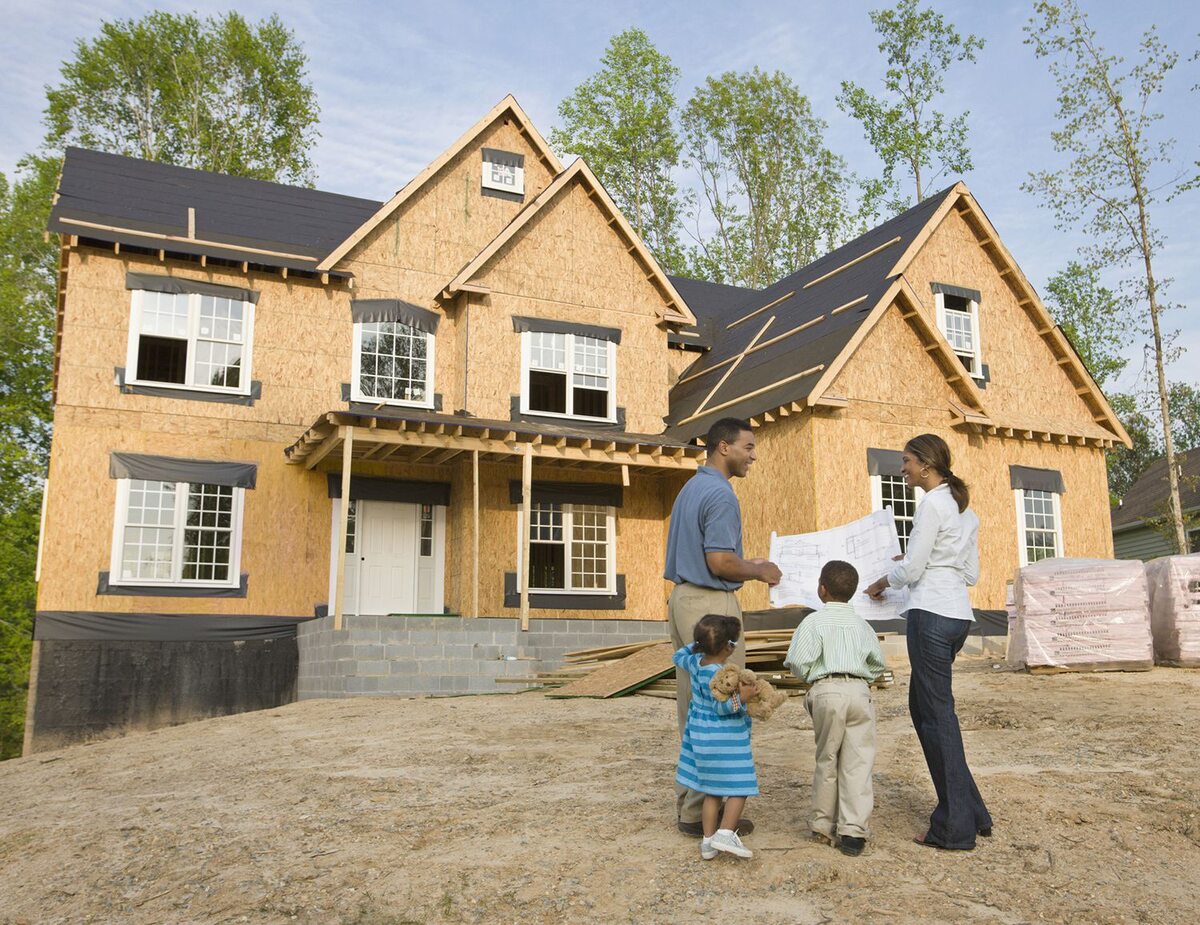

Building & Construction
How Much Profit Can You Make Building A House
Modified: January 24, 2024
Discover the potential profits in the building construction industry. Learn how much money you can make by building houses and maximizing your construction skills.
(Many of the links in this article redirect to a specific reviewed product. Your purchase of these products through affiliate links helps to generate commission for Storables.com, at no extra cost. Learn more)
Introduction
Building a house is not only a significant financial investment but also a rewarding endeavor that allows you to create your dream home from scratch. However, it’s essential to consider the financial aspect and evaluate the potential profit that can be gained from such a venture. Understanding the factors that influence profitability is crucial for anyone looking to build a house and maximize their returns.
In this article, we will explore the various factors that can impact the profitability of building a house. From the cost of land to construction expenses and market conditions, we will delve into the key elements that play a role in determining the overall profit potential. By gaining insights into these factors, you will be better equipped to make informed decisions and optimize your financial gains from building a house.
So, let’s dive into the details and uncover how much profit you can make by embarking on a building construction project.
Key Takeaways:
- Building a house’s profitability hinges on factors like location, size, materials, and market demand. Understanding these elements is crucial for maximizing returns and making informed decisions throughout the construction process.
- Careful cost management, market analysis, and setting the right selling price are essential for optimizing the profitability of building a house. Conducting a thorough profitability analysis helps gauge the financial viability of the project.
Read more: How Much Can You Make Selling Candles
Factors Influencing Profitability
Several factors come into play when determining the profitability of building a house. Understanding these factors will help you assess the potential for profit and make informed decisions throughout the construction process. Let’s explore some of the key elements that influence the overall profitability:
- Location: The location of the property is one of the primary factors that affect profitability. Factors such as proximity to amenities, schools, transportation, and desirable neighborhoods can significantly impact the selling price of the house. A prime location with high demand can lead to greater profitability.
- Size and Layout: The size and layout of the house also play a crucial role. A well-designed and functional layout, with an optimal balance of bedrooms, bathrooms, and common areas, can attract potential buyers and increase the selling price. Additionally, larger homes tend to have higher selling prices, resulting in potentially greater profits.
- Building Materials: The choice of building materials can impact both the construction costs and the final selling price. High-quality materials may have a higher initial cost but can increase the perceived value of the house, allowing for a higher selling price and potentially greater profit. It’s important to strike a balance between quality and cost to maximize profitability.
- Energy Efficiency: In today’s environmentally conscious world, energy-efficient homes are in high demand. Incorporating energy-saving features such as solar panels, energy-efficient appliances, and insulation can increase the appeal of the house and command a higher selling price. This can positively impact profitability by attracting buyers willing to pay a premium for sustainable and cost-effective living.
- Market Demand: Understanding market conditions and demand for housing in the area is crucial for profitability. Conducting market research to gauge buyer preferences, trends, and demand will help you align your construction project with what potential buyers are looking for. Capitalizing on a favorable market with high demand can lead to increased selling prices and greater profit.
These are just a few of the main factors that influence the profitability of building a house. It’s important to thoroughly analyze each factor and consider how they interact with one another to accurately assess the profit potential of your construction project. By doing so, you can make informed decisions and optimize your profitability from the house-building process.
Cost of Land
The cost of land is a significant factor that can impact the profitability of building a house. The price of land varies depending on various factors such as location, size, and demand in the market. Here are some key points to consider:
Location: The location of the land plays a crucial role in determining its cost. Land prices tend to be higher in prime locations that offer desirable amenities and easy access to transportation, schools, and shopping centers. On the other hand, land located in rural or less developed areas may be more affordable.
Size: The size of the land also affects its cost. Generally, larger parcels of land command higher prices. However, it’s essential to strike a balance between the size of the land and your construction needs. Purchasing excess land that is not utilized effectively can eat into your potential profits.
Market Demand: The demand for land in a particular area can significantly impact its price. If there is high demand for housing in a specific location, land prices are likely to be higher. Conversely, in areas with lower demand, land prices may be more affordable. Assessing the market demand and trends in the area can help you gauge the potential appreciation of the land value over time.
Land Use Restrictions: It’s crucial to consider any local zoning regulations or land use restrictions that may affect the cost of the land. Some areas may have specific rules on what can be built or restrictions on the type of development allowed. These restrictions can impact the potential profitability of your construction project, so it’s important to be aware of them before purchasing the land.
Additional Costs: Apart from the purchase price of the land, there may be additional costs such as property taxes, legal fees, surveying fees, and utility connection fees. These costs should be factored into your budget to accurately assess the overall cost of acquiring the land.
When considering the cost of land, it’s important to evaluate the potential for future appreciation. Investing in land that has the potential to increase in value over time can contribute to the profitability of your project. Conducting thorough research, working with a real estate agent, and understanding the local market dynamics can help you make an informed decision when purchasing land for your house construction project.
Construction Expenses
Construction expenses are a significant component that greatly influences the profitability of building a house. Proper budgeting and cost management are crucial to ensure that the construction process stays within your financial limits and maximizes potential profit. Let’s dive into some key points regarding construction expenses:
Architectural and Design Costs: Hiring an architect or a design professional is essential for creating a well-planned and functional house. Architectural and design fees can vary depending on the complexity of the project and the experience of the professional. These costs should be factored into the overall construction budget.
Permits and Inspections: Obtaining the necessary permits and conducting inspections throughout the construction process are essential but can add to the expenses. Building permits, plumbing permits, electrical permits, and other regulatory requirements should be considered in the overall cost estimation.
Site Preparation: Before construction can begin, the site needs to be properly prepared. This may involve clearing the land, excavating, leveling, or preparing the foundation. Site preparation costs can vary depending on the condition of the land and any additional work required.
Materials and Supplies: The cost of materials and supplies is a significant portion of construction expenses. This includes items such as lumber, concrete, roofing materials, plumbing fixtures, electrical wiring, flooring, and more. Selecting high-quality materials that fit within your budget is essential for ensuring the overall quality and value of the house.
Labor Costs: Labor costs are another substantial element of construction expenses. Hiring skilled workers, including carpenters, plumbers, electricians, and other tradespeople, can be costly. The location and availability of skilled labor in your area can affect labor costs. It’s important to factor in wages, benefits, and any subcontracting fees when calculating labor expenses.
Project Management: Managing a construction project involves coordinating various tasks, schedules, and resources. If you choose to hire a project manager or a general contractor, their fees should be included in the construction budget. Project management ensures that the construction process runs smoothly, reducing the likelihood of delays and cost overruns.
It’s crucial to conduct thorough research, obtain multiple quotes, and create a detailed budget to accurately estimate the construction expenses. Keep in mind that unexpected costs and unforeseen challenges may arise during the construction process, so it’s important to have contingency funds set aside. By effectively managing construction expenses, you can optimize the profitability of your house-building project.
Materials and Labor Costs
Materials and labor costs are significant factors that can greatly impact the profitability of building a house. Let’s take a closer look at each of these components:
Materials Costs: The cost of materials is a crucial consideration when estimating the expenses of a construction project. This includes items such as lumber, concrete, roofing materials, plumbing fixtures, electrical wiring, flooring, windows, doors, and more. The price of materials can vary based on factors such as quality, brand, and market conditions. It’s essential to carefully research suppliers, compare prices, and find the right balance between quality and cost. Opting for high-quality materials can increase the overall value and appeal of the house, potentially resulting in higher selling prices and greater profit.
Labor Costs: Labor costs encompass the wages and expenses associated with the workforce involved in the construction project. This includes carpenters, plumbers, electricians, painters, and other tradespeople. Labor costs can vary based on factors such as location, skill level, and demand for certain trades. It’s important to seek multiple quotes and carefully evaluate the experience and expertise of the laborers you hire. While it can be tempting to cut costs by hiring cheap labor, it’s crucial to balance affordability with quality workmanship. Skilled laborers may demand higher wages but can contribute to a higher-quality construction, ultimately increasing the appeal and value of the house.
Cost Estimation: Accurately estimating materials and labor costs requires a detailed analysis of the construction plans and specifications. Consultation with professionals, such as architects or contractors, can provide valuable insights into the quantities of materials needed and the labor required for each phase of the project. It’s important to obtain multiple quotes from suppliers and labor contractors to ensure competitive pricing. Additionally, consider any additional costs such as delivery fees, waste disposal fees, and equipment rentals that may be associated with the materials and labor involved in the construction process.
Cost Optimization: To optimize the profitability of your house-building project, it’s essential to strike a balance between materials and labor costs. While it may be tempting to reduce costs by using cheaper materials or cutting corners on labor expenses, this can compromise the quality and long-term value of the house. Strive to find affordable yet reliable suppliers and laborers who can deliver the desired quality within your budget constraints. Remember to regularly review and update your cost estimates as the construction progresses to ensure you stay within budget.
By carefully managing materials and labor costs, you can not only control expenses but also enhance the overall quality and appeal of the house. This, in turn, can lead to higher selling prices, greater profit potential, and ultimately, a more successful and profitable house-building endeavor.
Consider the location, size, and quality of materials when estimating potential profit from building a house. Research local market trends and construction costs to make an informed decision.
Market Conditions
Market conditions play a vital role in determining the profitability of building a house. Understanding the current state of the real estate market and the demand for housing in your area is crucial for maximizing your potential profit. Let’s explore some key factors related to market conditions:
Supply and Demand: The balance between supply and demand greatly influences the selling price and profitability of a house. In a seller’s market, where demand exceeds supply, prices tend to be higher, resulting in potentially greater profit margins. Conversely, in a buyer’s market, where supply exceeds demand, prices may be more competitive, impacting potential profitability. It’s important to assess the current supply and demand dynamics in your area to understand the market conditions you’ll be operating in.
Economic Factors: Economic conditions such as GDP growth, employment rates, and interest rates can also impact the profitability of building a house. During a strong economy with low unemployment rates and favorable interest rates, there is usually greater demand for housing. This can lead to higher selling prices and increased profitability. However, during an economic downturn or periods of high interest rates, the demand for housing may decline, affecting the potential profit margins. Staying informed about the local and national economic conditions can help you make strategic decisions regarding the timing of your project.
Location-Specific Factors: The market conditions in your specific location can also influence profitability. Factors such as housing market trends, population growth, job opportunities, school districts, and local amenities can impact the demand for housing in your area. It’s important to research and understand the specific factors that drive the local real estate market to accurately assess the potential profitability of building a house.
Competitor Analysis: Analyzing the competition in your area is essential for understanding the market conditions and positioning your house appropriately. Study similar houses in your target neighborhood or market segment to evaluate their selling prices and the features that make them attractive to buyers. This analysis can help you differentiate your property and potentially command a higher selling price, leading to increased profitability.
Future Market Projections: While past and current market conditions are important, it’s also crucial to consider future projections. Research and forecasts from reputable sources can provide insights into the expected direction of the real estate market in your area. For example, projected population growth, infrastructure developments, and economic trends can indicate whether the market is expected to strengthen or soften in the coming years. This information is valuable for determining the potential long-term profitability of your house-building project.
By understanding and monitoring market conditions, you can make informed decisions about factors such as the selling price, marketing strategies, and timing of the sale. Adapting to current market conditions and forecasting future trends can help you optimize the profitability of building a house.
Selling Price
The selling price is a critical factor that directly impacts the profitability of building a house. Determining the right selling price requires careful consideration of various factors. Let’s explore some key points to consider when setting the selling price:
Market Trends and Demand: Assessing the current market trends and demand for housing in your area is crucial for determining the selling price. Analyze recent sales data and comparable properties to understand the price range that buyers are willing to pay for similar houses. This information can help you set a competitive selling price that attracts potential buyers while maximizing your profit.
Property Features and Upgrades: The features and upgrades in your house can impact its perceived value and the selling price. Determine what unique selling points your property offers, such as a spacious layout, high-end finishes, energy-efficient features, a well-designed outdoor space, or smart home technology. Highlighting these features can justify a higher selling price and increase your profit potential.
Location and Desirability: The location of the property plays a crucial role in determining its selling price. Properties in desirable neighborhoods, with easy access to amenities, good schools, and transportation, tend to command higher prices. Consider the location-specific factors that make your property attractive to buyers, and factor them into the selling price accordingly.
Market Comparison: Conduct a thorough comparative market analysis to understand how similar properties in your area are priced. Look for properties with similar size, features, and location to get a sense of the price range that buyers are willing to pay. While it’s important to assess the competition, keep in mind that pricing too low can leave money on the table, while pricing too high may deter potential buyers.
Cost Recovery and Profit Margin: Calculate the total expenses incurred during the construction process, including land acquisition, construction costs, permits, and other associated expenses. Add a reasonable profit margin to cover your investment and effort. This will ensure that you not only recover your costs but also make a profit from the sale of the house.
Real Estate Agent Consultation: Working with a knowledgeable real estate agent can provide valuable insights into setting the right selling price. Agents have access to market data and understand the local real estate trends. They can evaluate your property, consider its features, and suggest a pricing strategy that aligns with the current market conditions.
Flexibility: It’s important to be flexible when it comes to negotiating the selling price. Buyers may present offers below your asking price, and it’s crucial to assess the overall market conditions and buyer’s motivation before accepting or countering the offer. A flexible approach can help you close the deal and ultimately ensure the profitability of your house-building project.
By carefully considering these factors and conducting thorough research, you can set the right selling price for your house. Striking a balance between attracting potential buyers and maximizing your profit is key to ensure a successful and profitable sale.
Return on Investment
Assessing the return on investment (ROI) is crucial when evaluating the profitability of building a house. The ROI represents the financial gain or loss generated from an investment relative to its cost. Let’s explore some key points to consider when calculating the ROI:
Total Investment Costs: Calculate the total investment costs incurred throughout the house-building process. This includes the cost of land acquisition, construction expenses, permits, design fees, labor costs, and any other associated expenses. Subtract any financing costs or interest paid on loans to determine the net investment in the project.
Selling Price minus Expenses: Calculate the difference between the selling price of the house and the total expenses incurred during the construction process. This includes land and construction costs, carrying costs (such as interest on loans, insurance, and taxes), marketing expenses, and any other relevant costs. Subtract these expenses from the selling price to determine the net profit from the sale of the house.
ROI Calculation: To calculate the ROI percentage, divide the net profit by the net investment and multiply by 100. The formula is: ROI = (Net Profit / Net Investment) x 100. This will give you the ROI as a percentage, providing an indication of the profitability of the project.
Consideration of Time and Holding Costs: The time it takes to complete the construction process and sell the house can impact the overall profitability. Holding costs, such as mortgage payments, insurance, utilities, and maintenance, should be factored into the ROI calculation. The longer it takes to sell the house, the greater the potential impact on the overall ROI.
Market Conditions and Appreciation: The potential appreciation of the property should also be considered when assessing the ROI. Real estate markets can fluctuate, and the selling price of the house may be influenced by market conditions. A favorable market with increasing property values can contribute to a higher ROI. It’s important to research and analyze the market trends in your area to accurately assess the potential for appreciation.
Comparison to Other Investments: Comparing the ROI of building a house to other investment opportunities can provide perspective and help evaluate its relative profitability. Consider the risks, potential returns, and time frame of alternative investments such as stocks, bonds, or real estate in other locations. This comparative analysis can assist in making informed decisions about investing in house construction.
Calculating the ROI allows you to determine the profitability of your house-building project and assess its financial viability. However, it’s important to keep in mind that ROI is just one factor to consider. Other non-financial considerations, such as personal satisfaction, lifestyle goals, and long-term housing needs, should also be taken into account when evaluating the success of the project.
Profitability Analysis
Conducting a thorough profitability analysis is essential to evaluate the financial success of building a house. This analysis allows you to assess the overall profitability, return on investment, and potential risks associated with the project. Let’s delve into some key components of the profitability analysis:
Cost-Benefit Analysis: Identify and quantify the costs and benefits of the house-building project. This includes land acquisition costs, construction expenses, materials and labor costs, permits, financing expenses, marketing costs, and any other relevant expenses. Compare these costs to the potential benefits, such as the selling price of the house, potential appreciation, and potential rental income. This analysis helps determine if the project is financially feasible and if the potential benefits outweigh the costs.
Return on Investment (ROI): Calculate the ROI to assess the profitability of the project. As mentioned earlier, divide the net profit by the net investment and multiply by 100 to obtain the ROI percentage. A higher ROI indicates a more profitable project. Compare the ROI to industry benchmarks or alternate investment opportunities to evaluate the relative success and financial viability of the house-building project.
Break-Even Analysis: Conduct a break-even analysis to determine the point at which the project generates enough revenue to cover all costs. Consider both fixed costs (such as land acquisition) and variable costs (such as construction expenses, materials, and labor) to calculate the break-even point. This analysis helps understand the minimum selling price or rental income required to cover all expenses and start generating a profit.
Sensitivity Analysis: Assess the impact of different variables on the profitability of the project. Consider factors such as changes in construction costs, materials prices, interest rates, or rental market conditions. By adjusting these variables and analyzing how they affect the overall profitability, you can identify potential risks and opportunities. This analysis helps in making informed decisions and mitigating potential financial risks.
Cash Flow Analysis: Evaluate the cash flow throughout the construction process and after the project is completed. Estimate the inflows and outflows of cash, considering expenses, financing, rental income, and projected changing market conditions. A positive cash flow indicates that the project is generating more cash inflows than outflows, which is a good sign of profitability. Conversely, negative cash flow may indicate potential financial challenges that need to be addressed.
Risk Assessment: Identify and assess the potential risks involved in the house-building project. These risks can include changes in market conditions, unexpected construction delays or cost overruns, financing challenges, or regulatory issues. Understanding and evaluating these risks helps in creating contingency plans and minimizing their potential impact on profitability.
By conducting a comprehensive profitability analysis, you can gauge the financial viability of building a house. It enables you to make informed decisions, identify potential risks, and optimize the project to maximize profitability. Remember, it’s essential to consider both financial and non-financial factors when evaluating the overall success and satisfaction of the house-building endeavor.
Conclusion
Building a house is a significant undertaking, both financially and emotionally. Understanding the factors that influence profitability and conducting a thorough analysis are key to ensuring the success and financial viability of the project. Throughout this article, we have explored various factors that can impact the profitability of building a house.
We began by discussing the importance of considering factors such as the cost of land, construction expenses, market conditions, selling price, and return on investment. Each of these elements plays a crucial role in determining the overall profitability of the project.
Assessing the cost of land is essential for understanding the initial investment required and the potential for future appreciation. Construction expenses encompass materials and labor costs, permits, and other associated expenses. Managing these costs effectively can help optimize profitability and ensure the project stays within budget.
Evaluating market conditions is crucial for determining the demand for housing in your area. Understanding trends, supply and demand dynamics, and economic factors can help set the right selling price and maximize potential profit. Calculating return on investment provides an indication of the financial gain generated from the project relative to the investment made.
Conducting a profitability analysis involves examining cost-benefit ratios, conducting break-even and sensitivity analyses, and assessing cash flow and potential risks. This analysis provides valuable insights into the financial success and risks associated with the house-building project.
In conclusion, building a house can be a rewarding and profitable endeavor with careful planning, thorough research, and informed decision-making. By considering all the factors that influence profitability, you can make wise investment choices, optimize expenses, and set the right selling price. Remember to keep both financial and non-financial factors in mind, such as personal satisfaction and lifestyle goals, as they contribute to the overall success and satisfaction of the project.
Whether you are a seasoned builder or embarking on your first house-building project, understanding the nuances of the construction industry and the principles of profitability will help you navigate the process with confidence. With the right knowledge and strategic approach, you can maximize the profit potential of building a house and create a place to call home for yourself or an attractive investment for others.
Frequently Asked Questions about How Much Profit Can You Make Building A House
Was this page helpful?
At Storables.com, we guarantee accurate and reliable information. Our content, validated by Expert Board Contributors, is crafted following stringent Editorial Policies. We're committed to providing you with well-researched, expert-backed insights for all your informational needs.

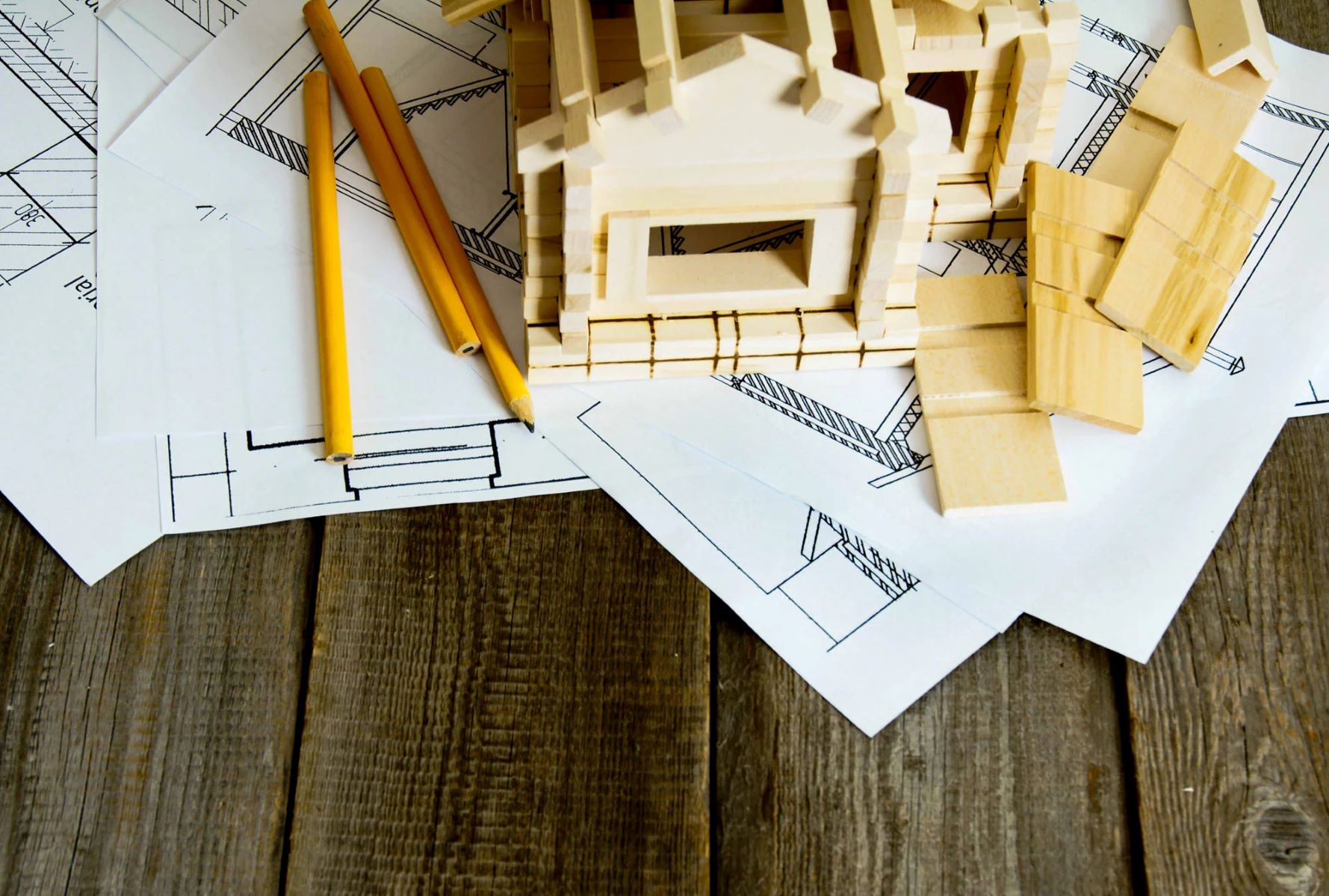
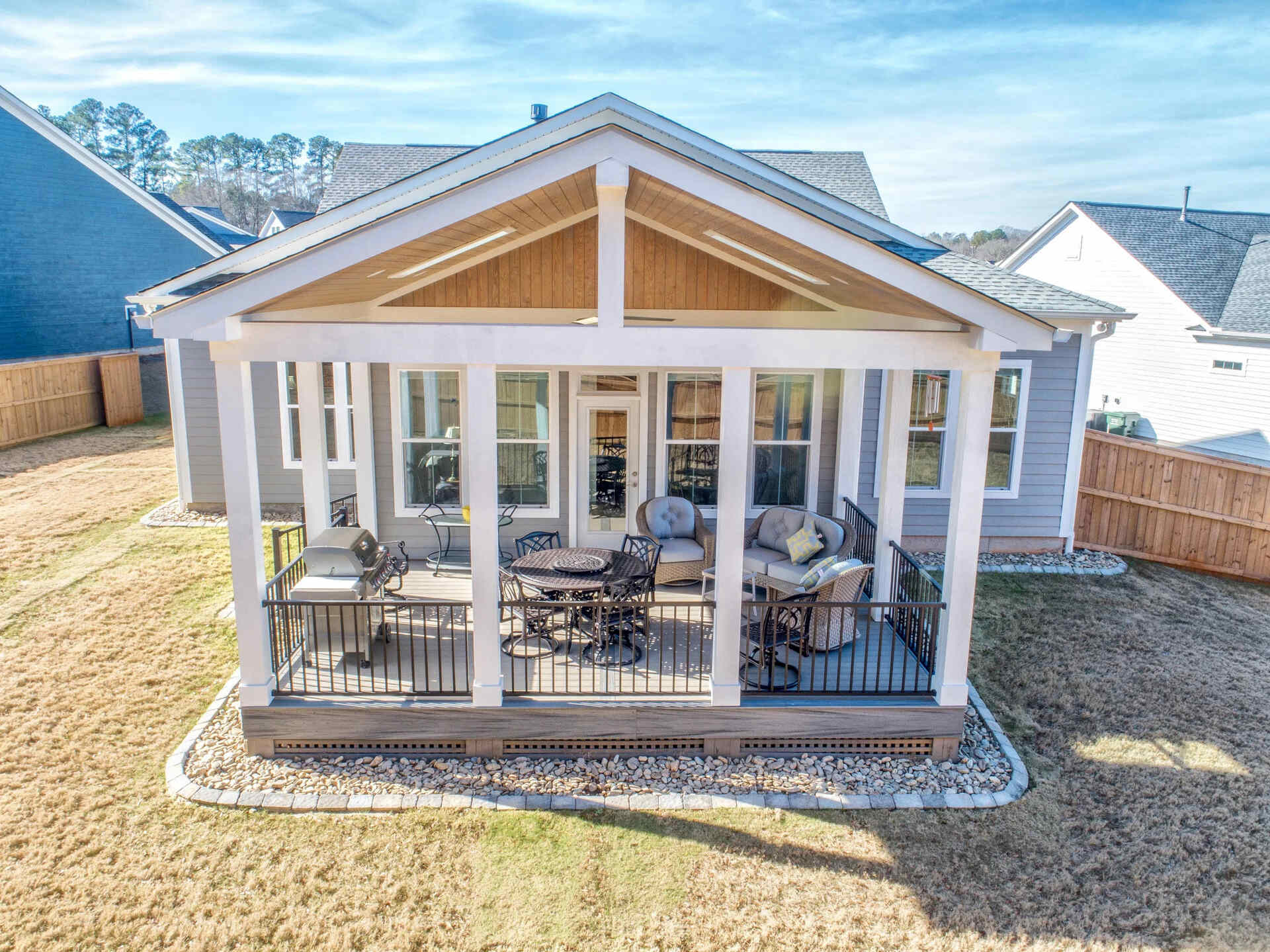


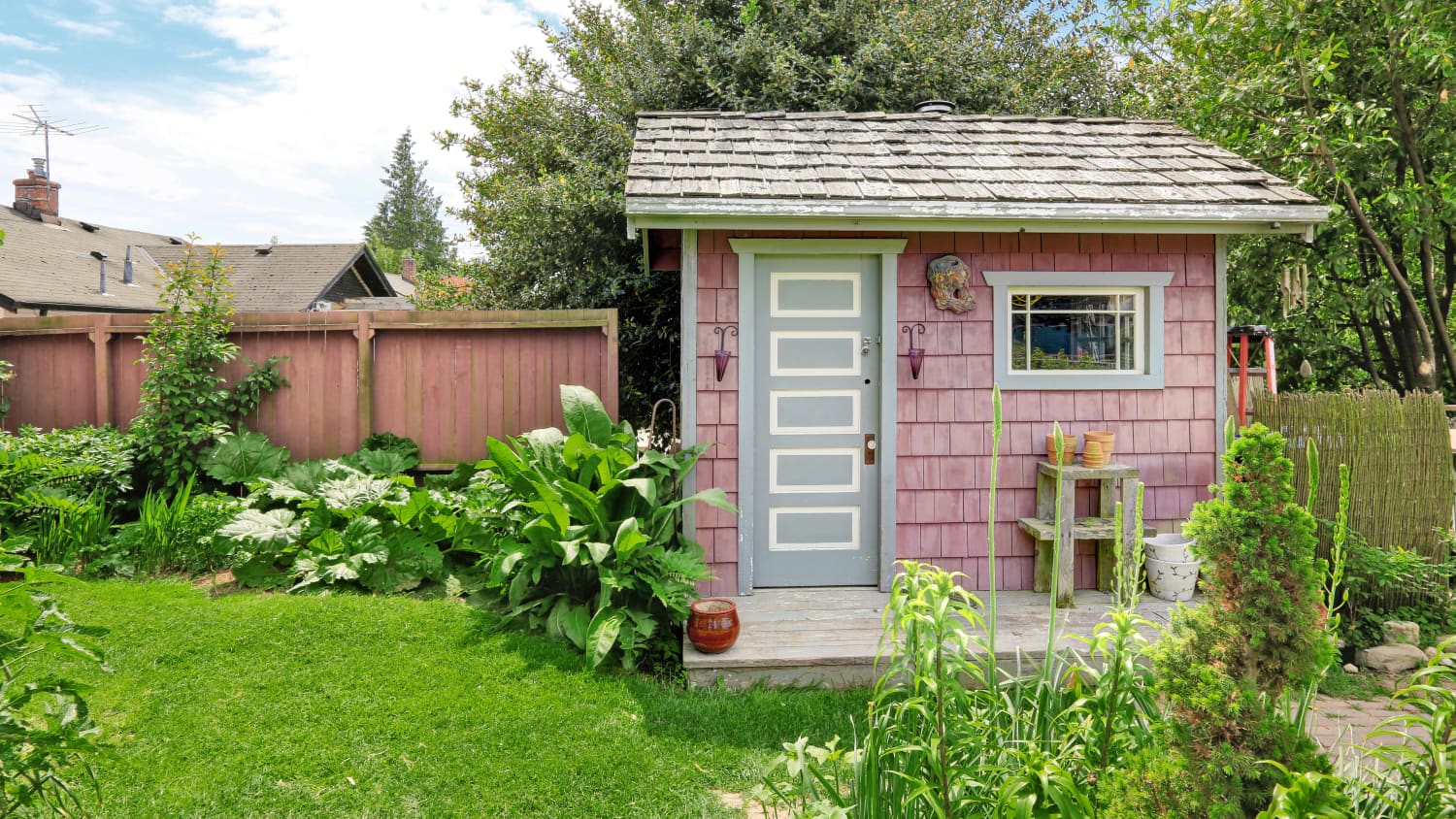


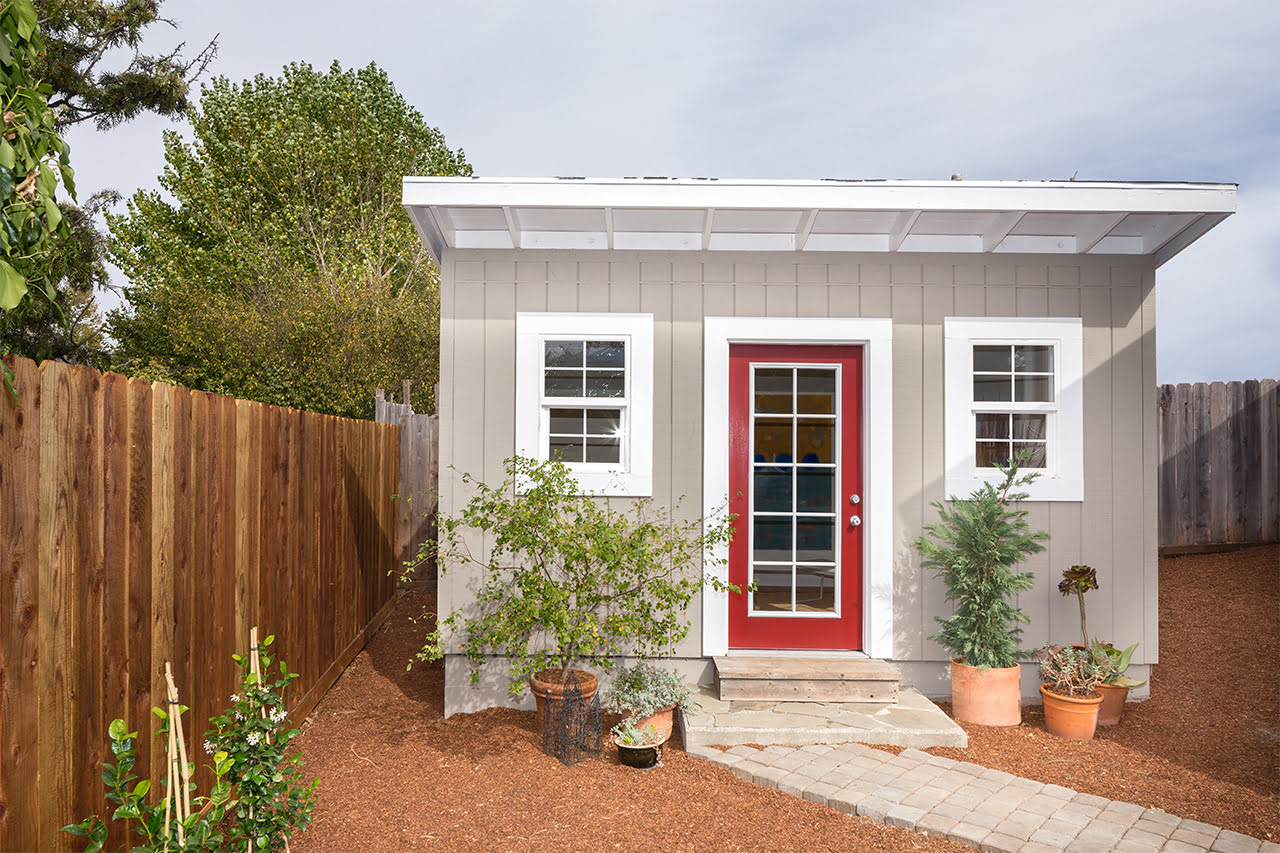
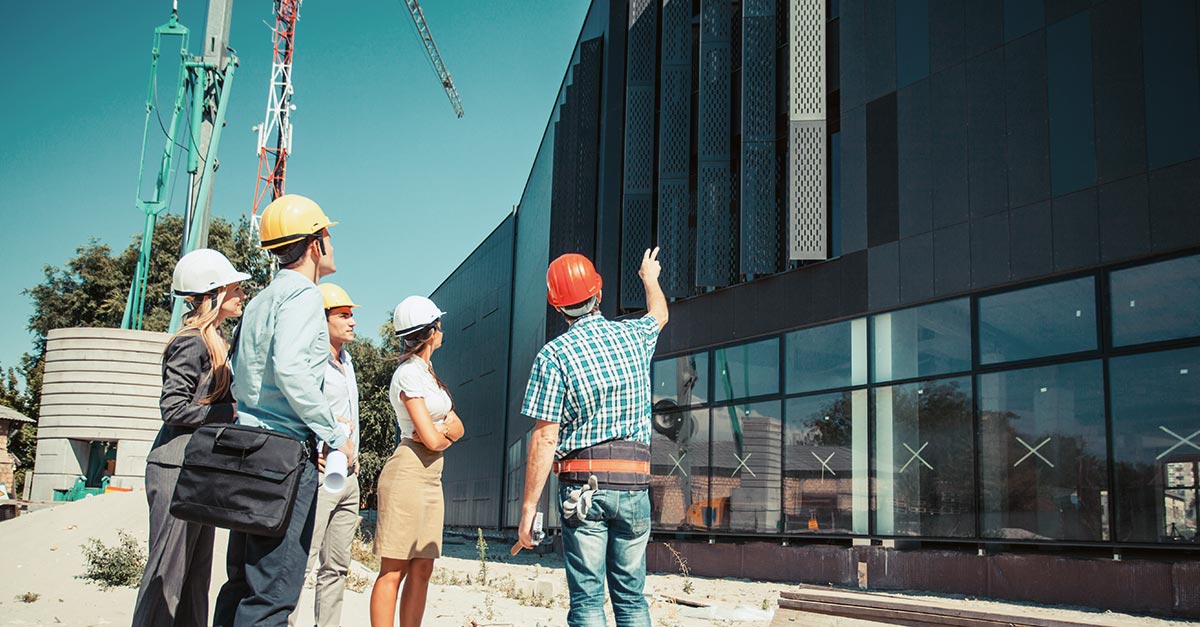
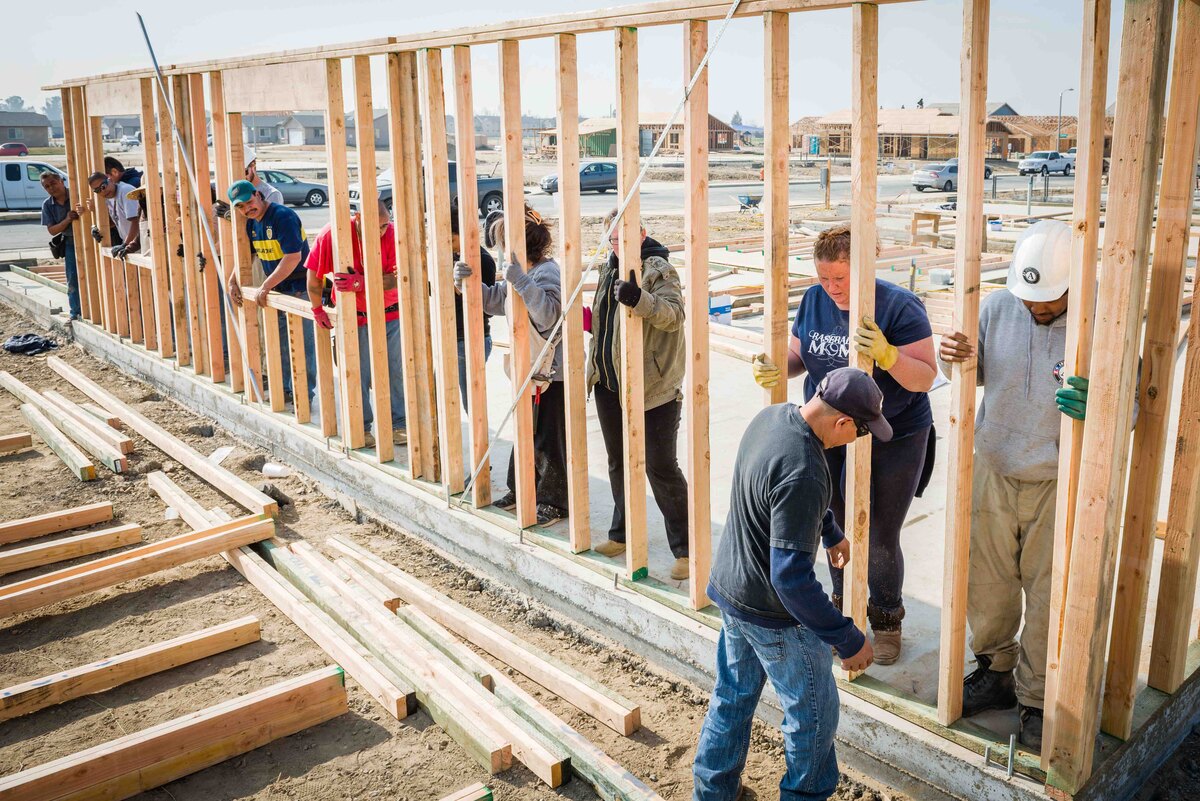
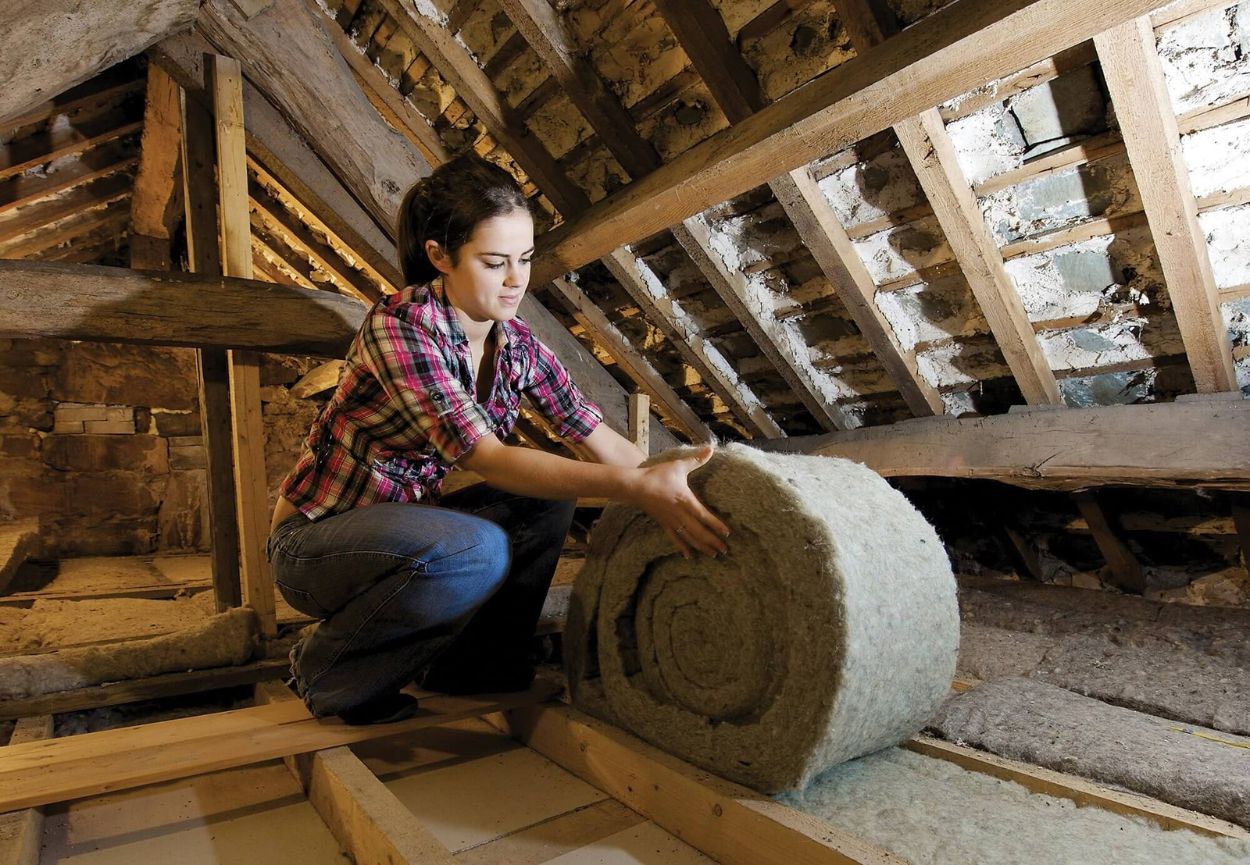
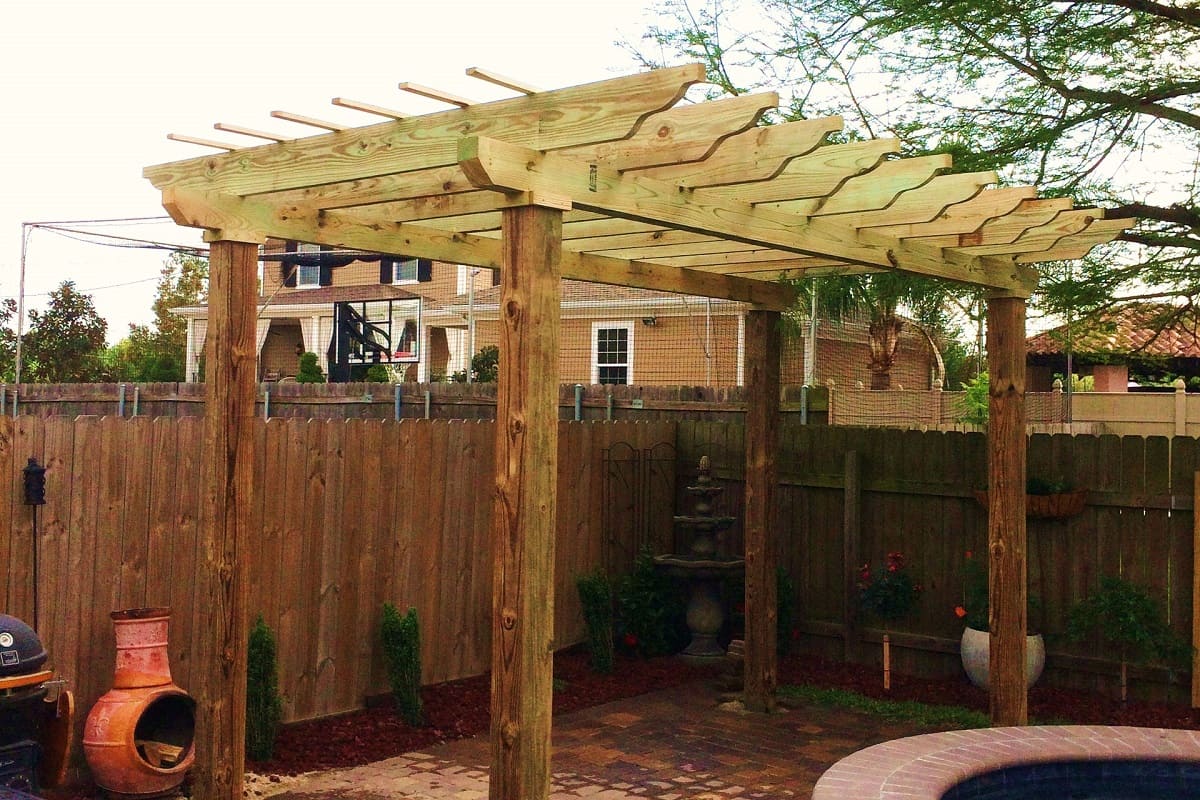

0 thoughts on “How Much Profit Can You Make Building A House”